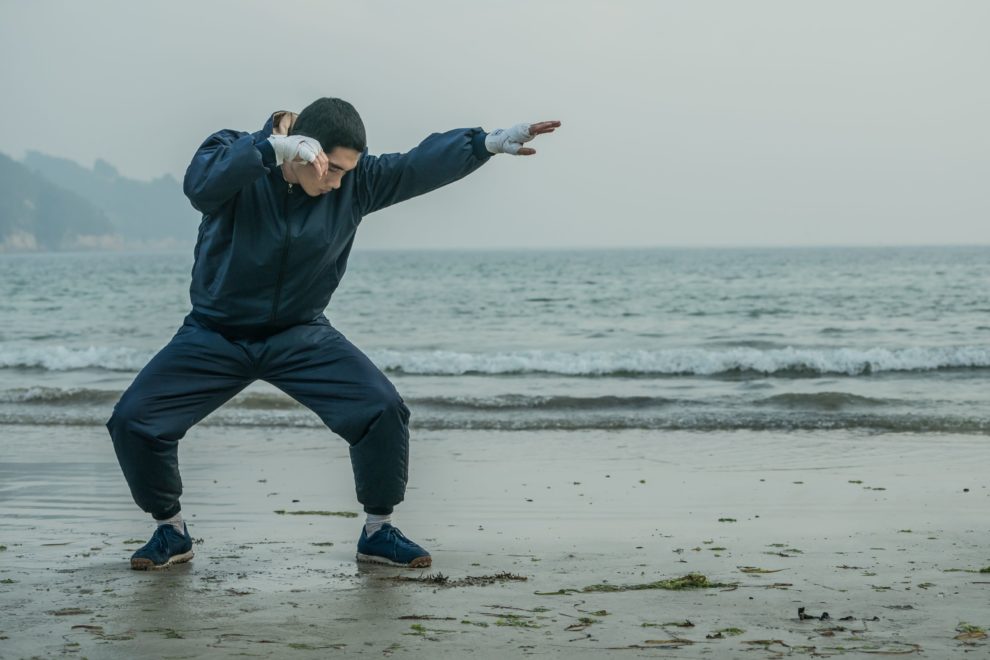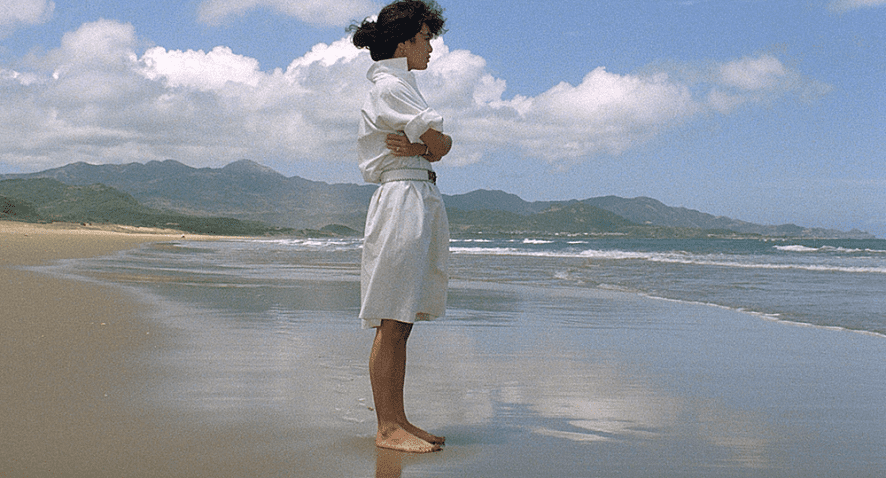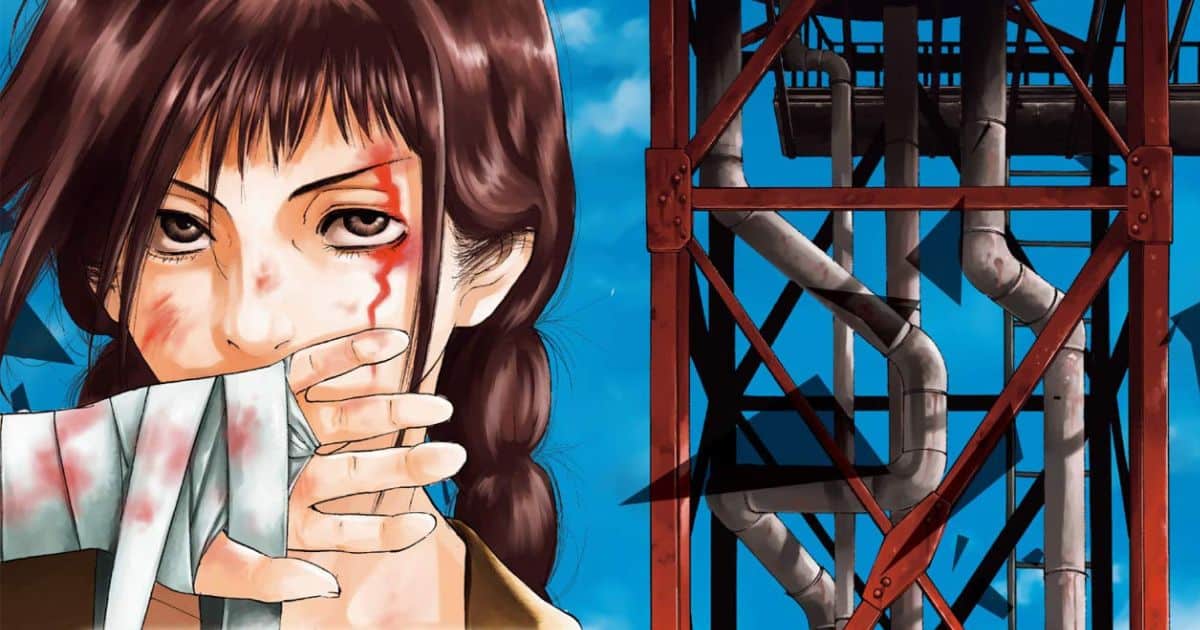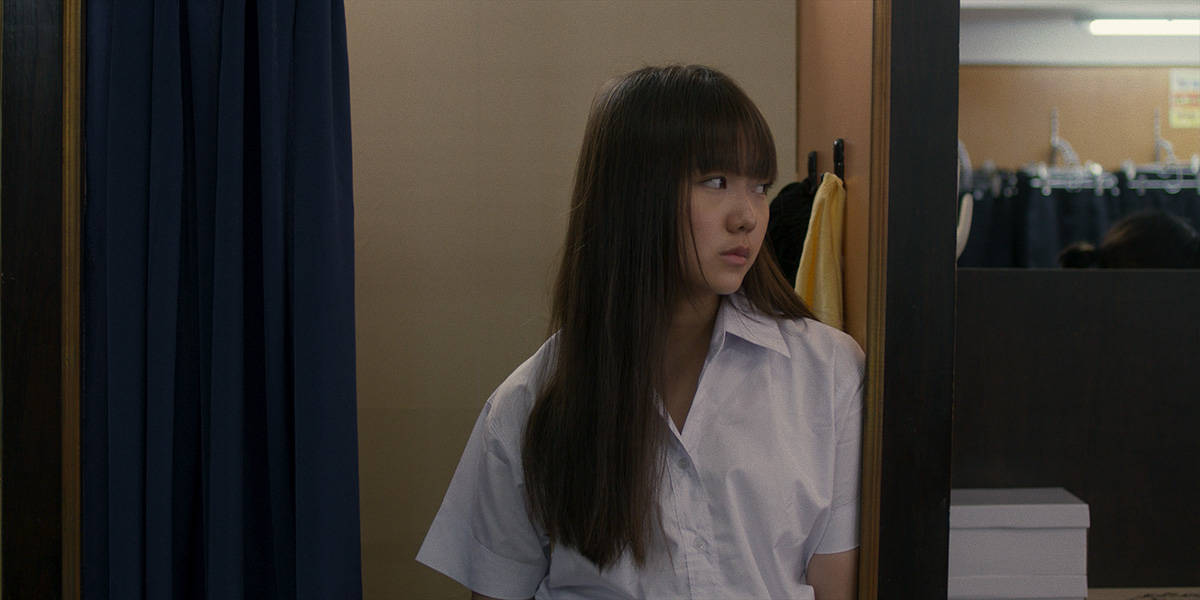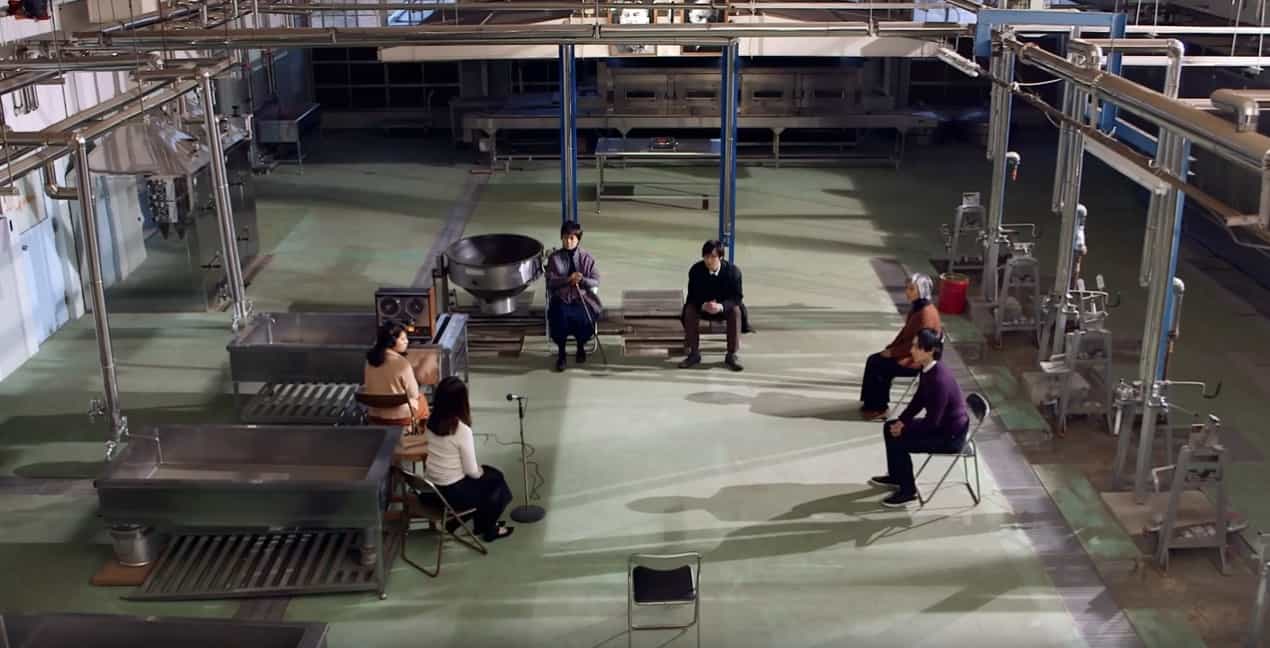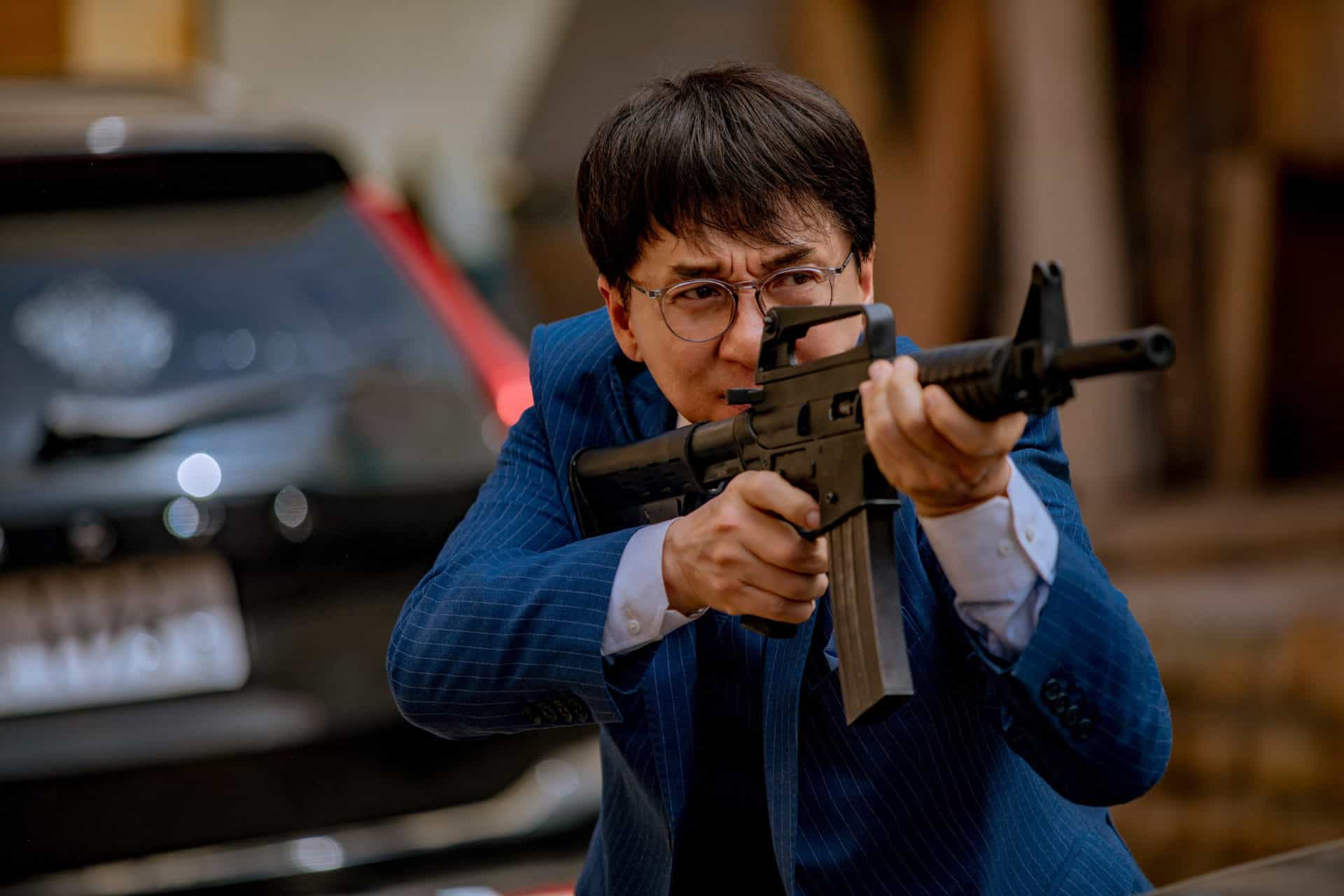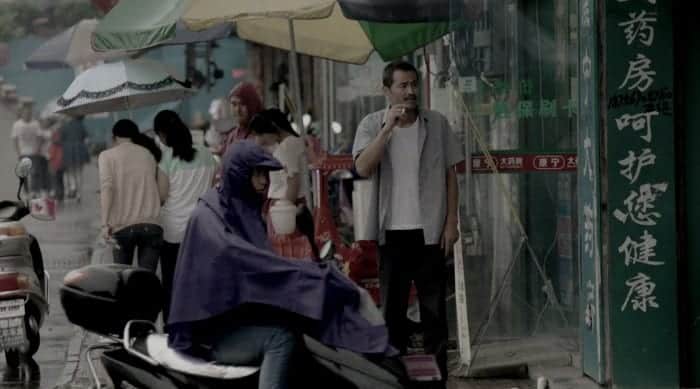Boxing is one of the most cinematic of sports, also finding representation in the Korean film industry with works like “Crying Fist” with Choi Min-sik and Ryu Seung-bum or “Punch Lady” starring the late starlet Sulli. Pansori, a traditional style of musical storytelling using a singer and a drummer, has also found favour in movies, with Im Kwon-taek championing the performing art form in his works “Sopyonje” and “Beyond the Years” and the recent “The Singer” also being on the same subject. Jung Hyuk-ki, in his debut feature “My Punch-Drunk Boxer” combines the sport and the musical genre to make a unique boxing style called, well, Pansori Boxing.
“My Punch-Drunk Boxer” is screening at Fantasia International Film Festival
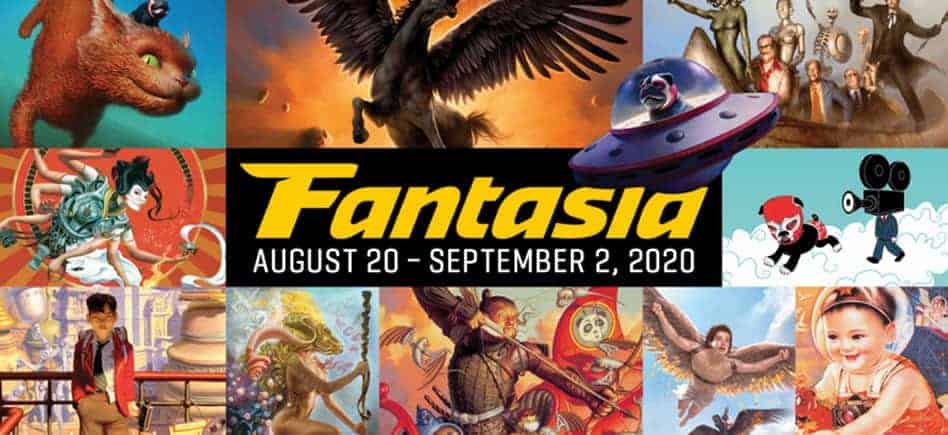
Byung-gu used to be a hot prospect in the world of boxing, an ambitious fighter who wanted to take his unique form of fighting that he called Pansori Boxing, fighting to the sounds of the Pansori janggu drum, to the wide world. When a mistake ends his professional career, he shrinks to a shell of a man, his confidence completely shot. He starts helping out training fighters at his coach Director Park's boxing academy, whose business has also suffered thanks to its involvement in Byung-gu's career, where he meets the bubbly Min-ji, who joins the academy to train. A life-threatening brain illness soon rears its ugly head though and Byung-gu determines to return to the ring one more time to do what he truly loves and showcase Pansori Boxing, even if it means he might not even remember the style, or anything else, any longer.
Jung Hyuk-ki and actor Cho Hyun-chul expand the script from their short “Dempseyroll: Confessions” to analyze further the emotions and state of the characters already existing in the short. It is essentially an underdog story, but one with much higher stakes for its lead character. There is also the love angle that works as the character's support system as seen often in this genre, but the fresh chemistry between the leads manages to hold attention. Throughout the narrative, there's also an interesting running theme of how people and places both change and evolve and with them, so do our memories of them. No matter how hard you try to hold on to these memories – in the case of the characters, through photographs, holding onto a gym in a time when the locality is redeveloping or through ghosts of your own past – life has a funny way of eventually changing it all up for you.
Some issues do exist within the narrative, particularly with the portrayal of Byung-gu's character. Yes, his confidence is at an all-time low and his brain is slowly deteriorating, but that wouldn't make an otherwise healthy and sharp individual behave like a simple fellow. This is not necessarily the actor Um Tae-goo's fault, but seems to be structured within the script. The romance angle and Min-ji's character also do not seem developed well. Jung and Cho seem to show an understanding of how the genre works, as evident by the tiff that comes between the two for a bit, but the petty reason because of which it arises and its swift conclusion show an inexperience on how to execute it effectively. The way it delves into Pansori, which technically plays a big part of the story, feels a bit superficial and, for those that might not have seen “Dempseyroll: Confessions”, leaves you wondering how the whole concept of Byung-gu boxing to the beats of the drum came about.
I have often thought that the Korean film industry has been sleeping on Um Tae-goo as an actor and he only goes to prove his talent with this performance. The self-doubt he manages to portray in the earlier parts of the story while still coming across as an endearing fellow is commendable. The change he shows in Byun-goo's mental resolve is also noteworthy. There's just something about that raspy voice of his which, combined with his infectious smile, charms instantly. I hope this is a stepping stone to much bigger things. A gangster saga with Park Hoon-jung, “Night in Paradise”, is next and I, for one, cannot wait to see what he does with it.
Singer/actress Hyeri, though not getting many dramatically heavy moments, still does a fine job as the love interest Min-ji. One just wishes there was more to the character for her and the audience to explore. Her proficiency with the janggu, nonetheless, is excellent and gets ample screen-time. Kim Hee-won, for his part as Director Park, shifts effortlessly between the comedy he's used to and drama, depicting the inner turmoil of prioritising between the boy he considers family, his gym and his business.
Starting off with a sumptuous scene on a beach in which Byung-gu boxes to the sounds of the drum reverberating from a nearside hilltop, Kang Min-woo's cinematography then shifts to a more realistic look that shows the seaside village off in all its glory, while using extended cuts in scenes involving the actors. The music by Jang Young-gyu understandably also plays a big part of the feature and the highlight is the use of Pansori, adjusted with new lyrics, to narrate the unfoldings in key scenes throughout the film. It's not all traditional though, as the Pansori recitals often mix up with uptempo modern tunes in conclusion, giving the score a very well-rounded appealing feel.
“My Punch-Drunk Boxer” may not be the most polished of products, but does have several ingredients to keep the audience invested. A sweet if familiar story enacted with strong performances and of course the unique Pansori Boxing make it largely pleasing viewing.


